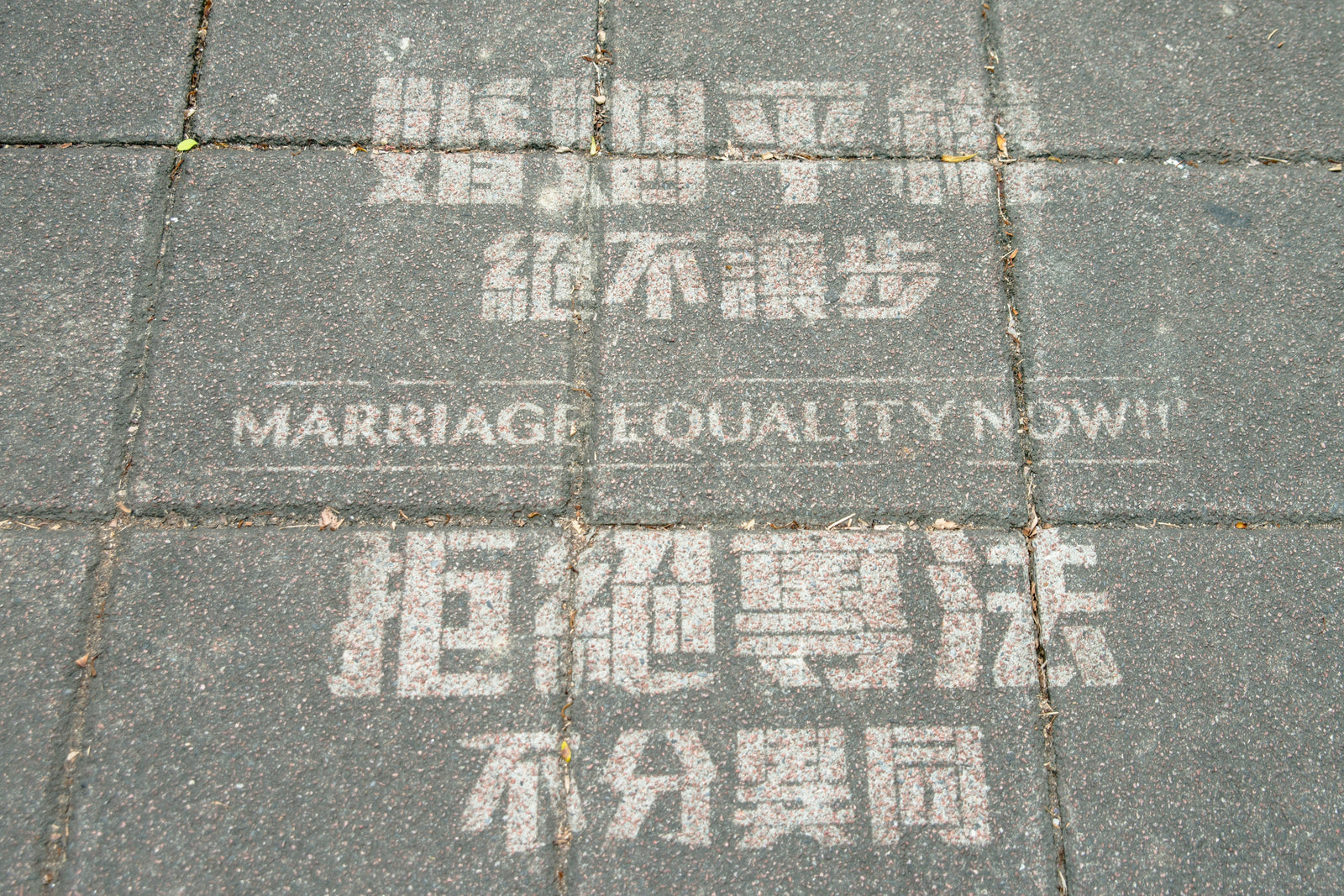Taiwan Legalizes Same-Sex Marriage: A Landmark for Equality in Asia

On May 24, 2019, Taiwan became the first country in Asia to legalize same-sex marriage, marking a historic milestone for LGBTQ+ rights in the region. This landmark law followed years of advocacy, legal battles, and public debate, positioning Taiwan as a beacon for equality and inclusion in Asia.
How Did Taiwan Achieve Marriage Equality?
The journey began in May 2017, when Taiwan’s Constitutional Court ruled that denying same-sex couples the right to marry was unconstitutional. The court gave lawmakers two years to amend the law or pass new legislation, warning that if no action was taken, same-sex marriage would automatically become legal.
Despite a series of referendums in 2018 where voters rejected changes to the Civil Code, the government moved forward by drafting a separate law for same-sex couples rather than amending the existing marriage laws. This approach allowed the government to comply with the court’s decision while navigating public opinion.
What Does the Law Provide?
The Act for Implementation of J.Y. Interpretation No. 748, passed by the Legislative Yuan on May 17, 2019, and signed by President Tsai Ing-wen on May 22, 2019, took effect on May 24, 2019.
Under this law:
-
Same-sex couples can register their marriages and receive many of the same rights and responsibilities as opposite-sex couples, including inheritance, taxation, medical decisions, and spousal benefits.
-
The law allows spouses in same-sex marriages to adopt the biological children of their partners, but not joint adoption of non-biological children-a notable difference from opposite-sex couples.
-
In 2023, Taiwan expanded adoption rights for same-sex couples, and in 2024, cross-strait couples (where one partner is from mainland China) were granted the right to marry under similar procedures as heterosexual couples.
Political and Social Impact
The bill was championed by the ruling Democratic Progressive Party (DPP) and supported by LGBTQ+ advocates, with over 40,000 people rallying outside parliament to celebrate its passage. President Tsai Ing-wen hailed the law as “a big step towards true equality,” and international organizations like Amnesty International called it a victory for love and human rights.
While the law does not grant full marriage equality in every respect, especially regarding joint adoption, it is widely seen as a groundbreaking achievement that has inspired LGBTQ+ activists across Asia.
Why Does This Matter?
-
Taiwan’s legalization of same-sex marriage is a first for Asia, setting a precedent for other countries in the region.
-
The law has enhanced Taiwan’s reputation as a progressive and open-minded society, and strengthened legal protections for LGBTQ+ individuals.
-
The fight for full equality continues, but this law marks a new chapter for human rights in Asia.


































